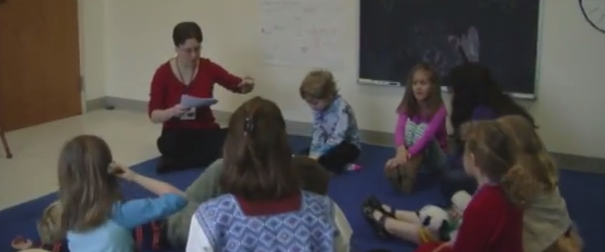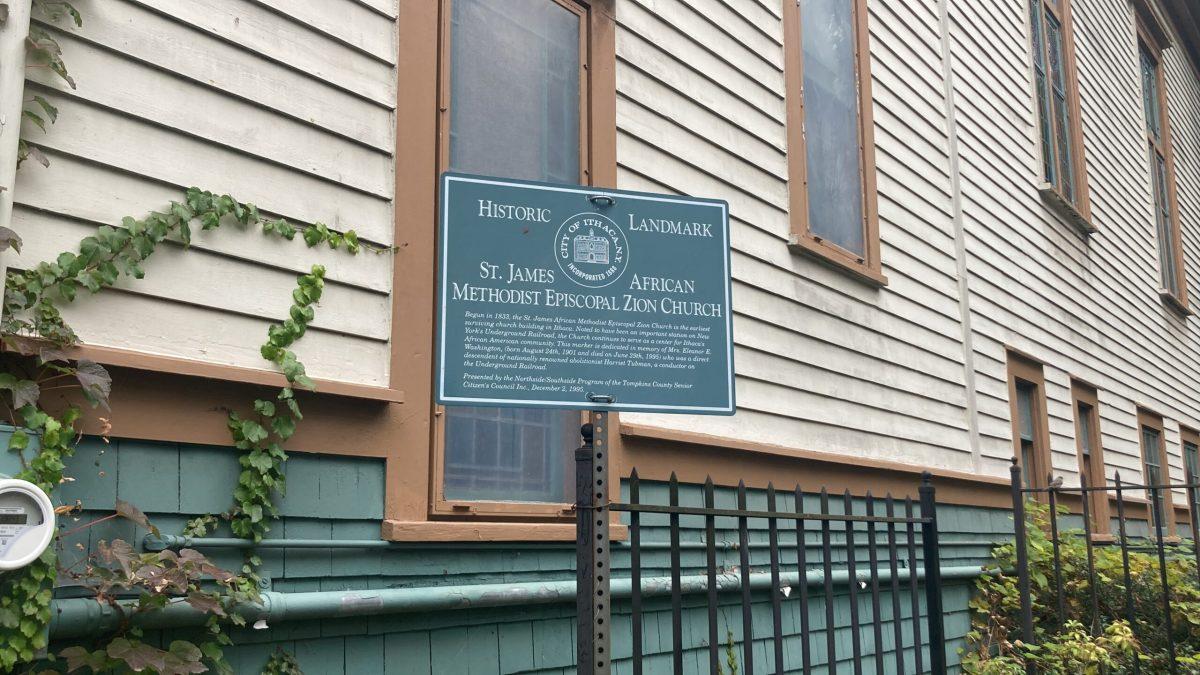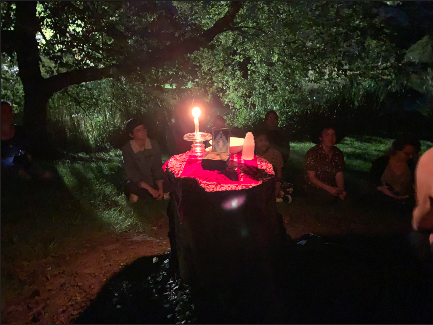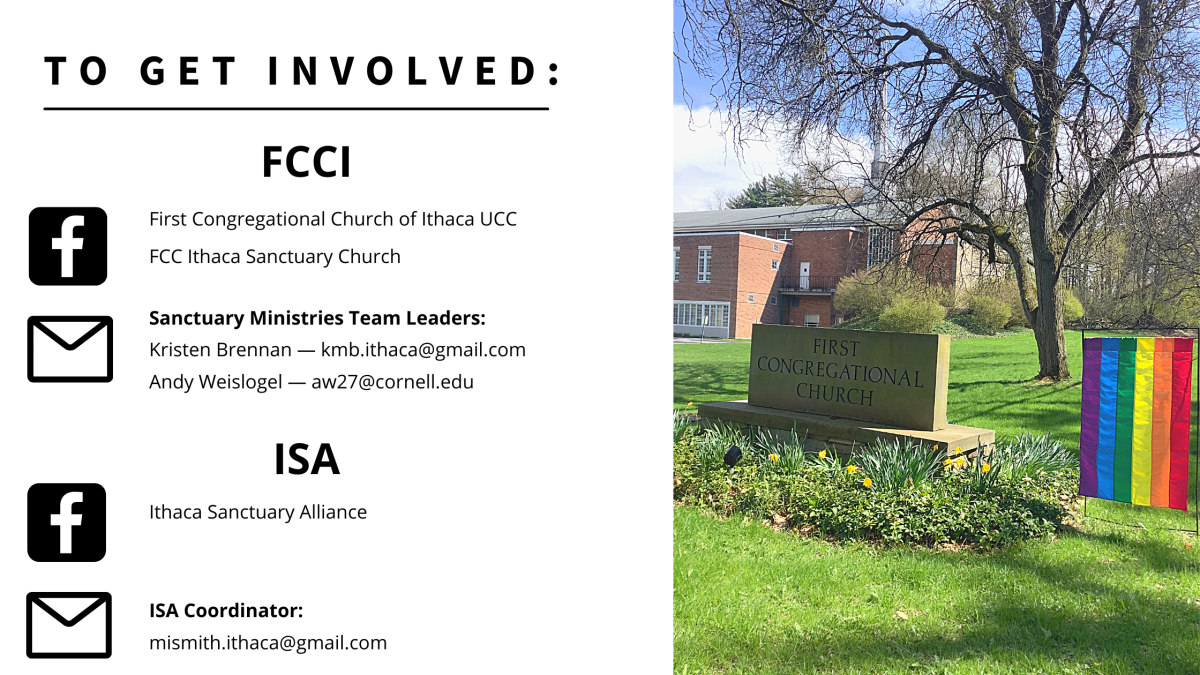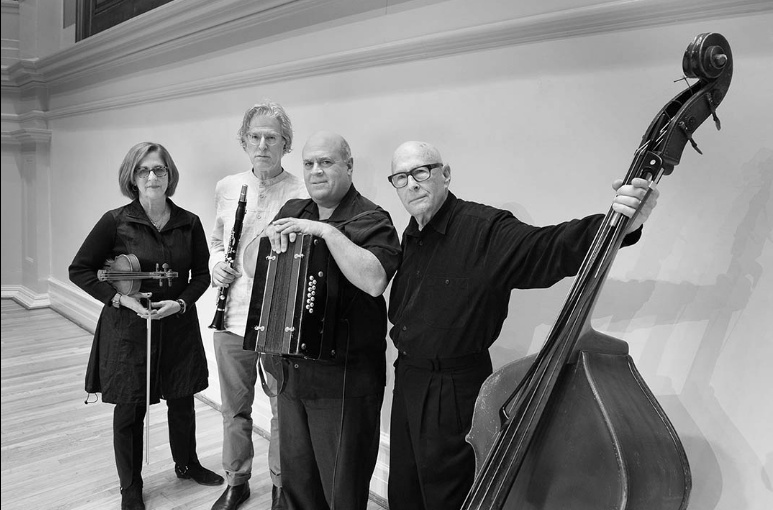The First Unitarian Society of Ithaca offers religious education for area youth beginning at age 3. At the age of 11 students begin the Neighboring Faiths program, which introduces them to different religions and involves education that goes beyond the classroom.
Middle school aged youth travel to various houses of worship and invite guests from different faiths to partake in conversation on the practices of several religious and spiritual groups. Some of the customs studied in the curriculum have included Hinduism, Islam, Judaism, Christianity, Buddhism, and even Neo-paganism. A class in recent years took a trip to a local acupuncturist to observe the role of Chi in traditional Chinese medicine.
Education of various religions helps people engage in the world in a more responsible way, said the Rev. Dr. Ann Clay Adams, Associate Dean for Academic Administration at the Columbia Theological Seminary.
“The more that you learn about other religions, you do reflect back on your own and have a better sense of what you believe,” she said. “In some ways some of that reflection can only begin to happen when you look at other religions.”
These ideas are introduced in middle school because it is an important time in a child’s development, said religious education volunteer Angela Zhang.
“My daughter is the reason I volunteer because I think middle school is a very crucial time for kids to try to make sense of the world around them,” she said.
Jennifer Wapinski-Mooradian, Director of Religious Education at the First Unitarian Society of Ithaca, agreed, adding that it is important for young people to broaden their religious knowledge so that they can be more responsible citizens.
“Our political institutions and our candidates use biblical language,” she said. “It is very important for kids to know what they’re talking about so they can be better informed people and can challenge where they think it’s appropriate to challenge.”
The U.S. population has been showing signs of decline in religious identification for several decades, with one out of every five Americans neglecting to declare a religious affiliation in the American Religious Identification Survey of 2008.
While more Americans are choosing to dissociate themselves from religious institutions, the Unitarian Universalist denomination grew nationally by 15.8 percent from 2000 to 2010, according to the Association of Statisticians of American Religious Bodies.
The Unitarian Universalist Association describes UU as a religion that “affirms the worth of human beings, advocates freedom of belief and the search for advancing truth, and tries to provide a warm, open, supportive community for people who believe that ethical living is the supreme witness of religion.”
The religious education program is designed along these lines, with an emphasis on personal exploration, volunteer teacher Juri Hwang said. The goal of Unitarian Universalist religious education is to help the students come to their own understanding of what God is or is not by sifting through the many different versions of it throughout history.
“These are topics that are really difficult and I know it’s hard for a lot of these kids,” Hwang said. “But it’s thoughts and questions that are worth introducing at this point, and all throughout one’s life.”
The First Unitarian Society of Ithaca offers religious education classes from 10:30 to 11:45 every Sunday morning.

